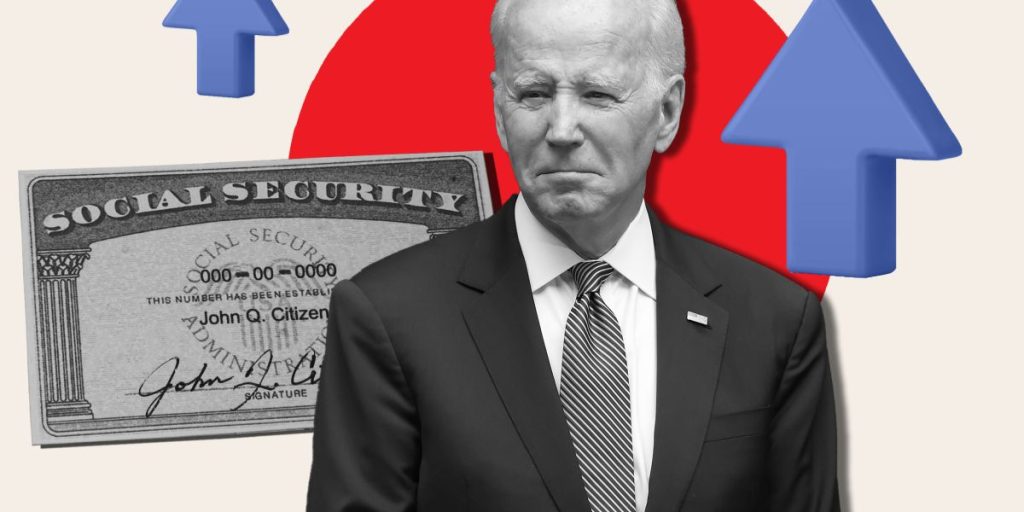MCHS – In a significant legislative move, the U.S. Senate approved a bipartisan bill on Saturday aimed at increasing Social Security benefits for millions of Americans. The legislation, which eliminates two long-standing provisions—the Windfall Elimination Provision (WEP) and the Government Pension Offset (GPO)—now awaits President Joe Biden’s signature.
The $195 billion measure, set to be implemented over the next decade, passed the Senate with a decisive 76-20 vote after gaining strong support in the House last month with a 327-75 vote.
Virginia Delegation’s Role
Virginia’s congressional representatives played a prominent role in backing the bill. Democratic U.S. Senators Tim Kaine and Mark Warner voted in favor, with Kaine serving as a co-sponsor. Additionally, nine of Virginia’s House members supported the legislation, including both Republicans and Democrats. Representative Abigail Spanberger, a key advocate, co-sponsored the bill alongside Republican Representative Garret Graves of Louisiana.
Spanberger emphasized the impact of the WEP and GPO provisions, describing them as longstanding injustices against public servants, including teachers, firefighters, and police officers. “For more than 40 years, public servants have tirelessly implored their representatives in Congress to correct this glaring injustice,” she said.
Impact of the WEP and GPO
The Windfall Elimination Provision (WEP) and Government Pension Offset (GPO) policies, enacted in 1983, have affected millions of retirees by reducing their Social Security benefits.
- WEP: Reduces Social Security benefits for individuals who also receive pensions from jobs not covered by Social Security. This provision impacts 2.1 million Americans.
- GPO: Cuts spousal or widow(er) benefits for individuals receiving pensions from government employment not covered by Social Security. It affects 746,000 people, with many losing their entire spousal benefits.
These provisions disproportionately impact retirees in states like California, Texas, Virginia, and Florida.

Concerns Over the Social Security Trust Fund
Despite widespread support, some lawmakers expressed reservations about the bill’s fiscal implications. Republican Senator Thom Tillis of North Carolina warned that the legislation could deplete the Social Security trust fund by an additional $200 billion over the next decade, accelerating its insolvency timeline by six months. He called for a broader strategy to address the program’s financial sustainability.
Next Steps
While President Biden has yet to publicly endorse the bill, its bipartisan support in Congress suggests it is likely to become law. Advocates argue the measure is a crucial step toward ensuring fairness and retirement security for public servants who have long been disadvantaged by the current system.
If signed into law, this landmark legislation will mark a pivotal shift in Social Security policy, offering relief to millions of retirees across the nation.


 by
by 

